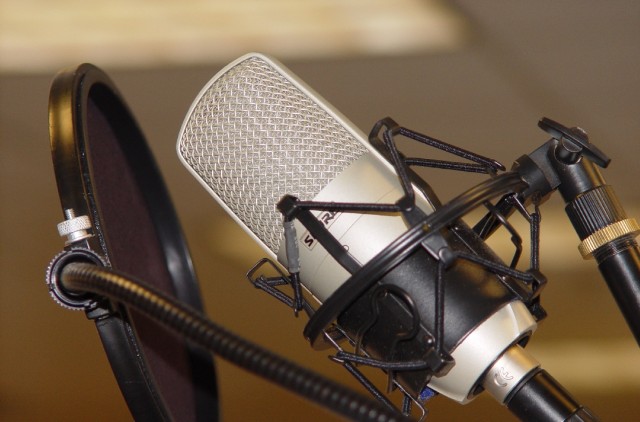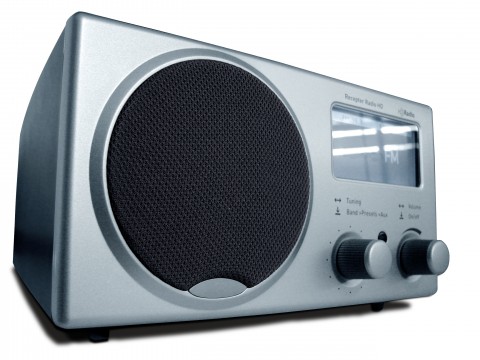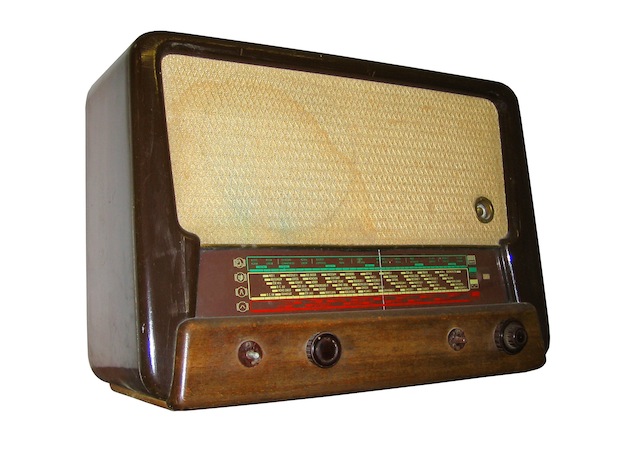For the first Nightlife tech spot of 2014 Paul will be joining Kate O’Toole to look at what’s going to big technology news in the year ahead.
The show has been and gone. If you missed it, you can download it from the ABC Nightlife website.
A lot of this year’s technology stories will be around things we’ve been talking about for a while, but a wave of cheap devices is making things like the connected car and smart house more affordable and accessible to homes and businesses.
The Connected car
While it’s early days for the connected car, in the near future we’ll see them talking to intelligent roadsigns to reduce the roadtoll and to our smart houses to let our airconditioners and kettles know we’re on the way home.
2014 is going to see these vehicles become common, by the end of next year we’ll be expecting most models to have these features.
Wearable tech
We’ve been hearing a lot about Google Glass, but the real advances in wearable tech are in devices like the Fitbit that tracks your daily exercise.
The next wave of wearable tech will be intelligent clothing, a good example of this is the Mimobaby kimono that measures a baby’s movements and repiration during the night.
The Internet of Things
One of the truths of the tech industry is that it loves buzzwords – in recent years we’ve had social media, cloud computing and crowdsourcing – the next big one is The Internet of Things.
The Internet of Things deserve the hype. With cheap sensors, accessible internet and cloud computing it’s now possible to connect, monitor and analyse everything from cows to refrigerators. This will have big effects on most industries.
Smartphone wars
For the past few years we’ve seen the iPhone and then Android, primarily Samsung phones, dominate the smartphone market. This is about to change as a wave of cheap Chinese phones flood the market.
Expect smartphone and tablet prices to fall dramatically as a range of new devices appear on the shelves. We will probably see Apple and Samsung respond by increasing the features available on their more expensive, higher margin devices.
3D Printing
Another technology that’s become affordable in recent years is 3D printing. At the CES show, a new range of 3D printers was released that have cameras so you can make copies of items.
3D printing is rapidly gaining acceptance and the worldwide makers’ movement is showing what we can do with these machines.
National Broadband Network
In Australia the NBN will continue to be the biggest local tech story. Unfortunately the project will remain mired in contractual and political problems as the government tries to figure out exactly what it wants to build.
While Australia plays games, the rest of the world is getting on a building their networks and Australians can expect the country to fall further behind the global leaders on almost every measure.
Security
With the revelations of Edward Snowden we can expect security and privacy to be an ongoing story in 2014.
As corporations and social media companies struggle with the challenge of storing and protecting customer’s data, there will be more discussion of how we can protect our vital information both on and offline.
We’d love to hear your views so join the conversation with your on-air questions, ideas or comments; phone in on the night on 1300 800 222 within Australia or +61 2 8333 1000 from outside Australia.
Tune in on your local ABC radio station from 10pm Eastern Summer time on Thursday, January 10 or listen online at www.abc.net.au/nightlife.
You can SMS Nightlife’s talkback on 19922702, or through twitter to @paulwallbank using the #abcnightlife hashtag or visit the Nightlife Facebook page.


